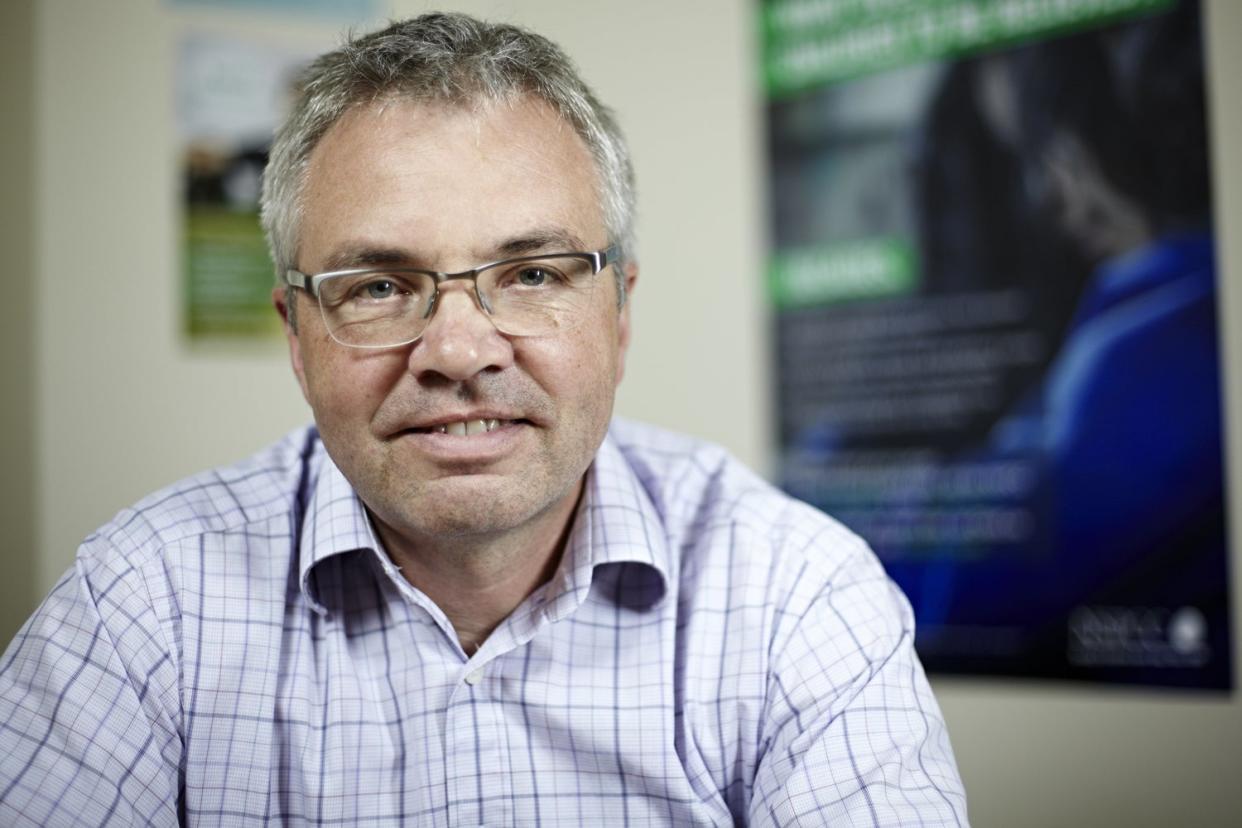At-risk children must be kept safe in this crisis

As parts of the country — including the capital — live under tighter restrictions to control coronavirus it is vital we don’t forget our children because the crisis has increased the risk of abuse and neglect.
NSPCC research has warned of strains on families, increased vulnerability of isolated children and the challenge of at-risk young people hidden from professionals and the community. Though referrals to social services have dropped significantly, our helpline for adults has seen a sharp increase in reports of physical and domestic abuse involving children. Our teams are worried about what they are seeing and hearing.
It is crucial we do as much as we can to shelter children and young people. Experiencing prolonged adversity in childhood, if unaddressed can cause short and long-term harm, contributing to emotional and mental health problems, undermining educational progress, and generating long-term costs to society. The child protection system must get the support it needs.
It’s vital that professionals can reach children even in lockdowns. This will include supporting families through video technology and face-to-face meetings, and if there is evidence a child is at risk then agencies will continue to take action. We must provide support for teachers to enable them to recognise and assist any child showing signs of vulnerability. I also urge anyone worried about a child’s wellbeing to report it to the authorities or the NSPCC helpline.
We must be alive to the number of predators seeking to abuse young people via social media
But we must look further into the future. We need the Government to work with civil society to develop and invest in a comprehensive recovery plan for children. One that nurtures healthy development in the early years through a reinvigorated health visitor programme and early years provision. A plan that prevents and protects from harm and abuse by rebuilding social care and early help services, and ensuring access to mental health services.
Finally, we must be alive to the growing number of predators seeking to groom and abuse young people via social networks, and bring forward an Online Harms Bills that sets a global standard for internet safety. We must act now to ensure our children are protected; that those who come into harm get support; and that, above all, our children’s future is defined by the action we took, and not the effects of the pandemic.
Peter Wanless is CEO of the NSPCC


